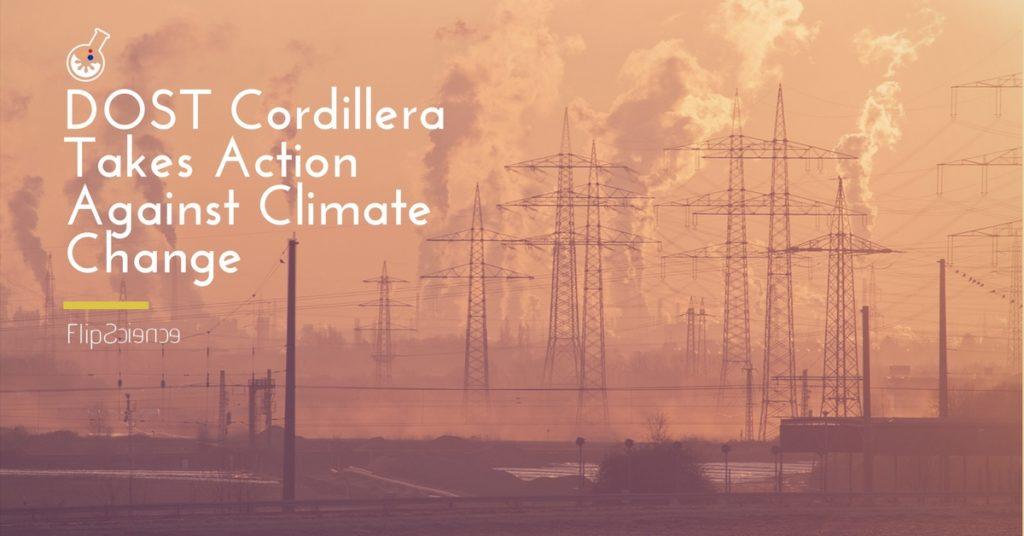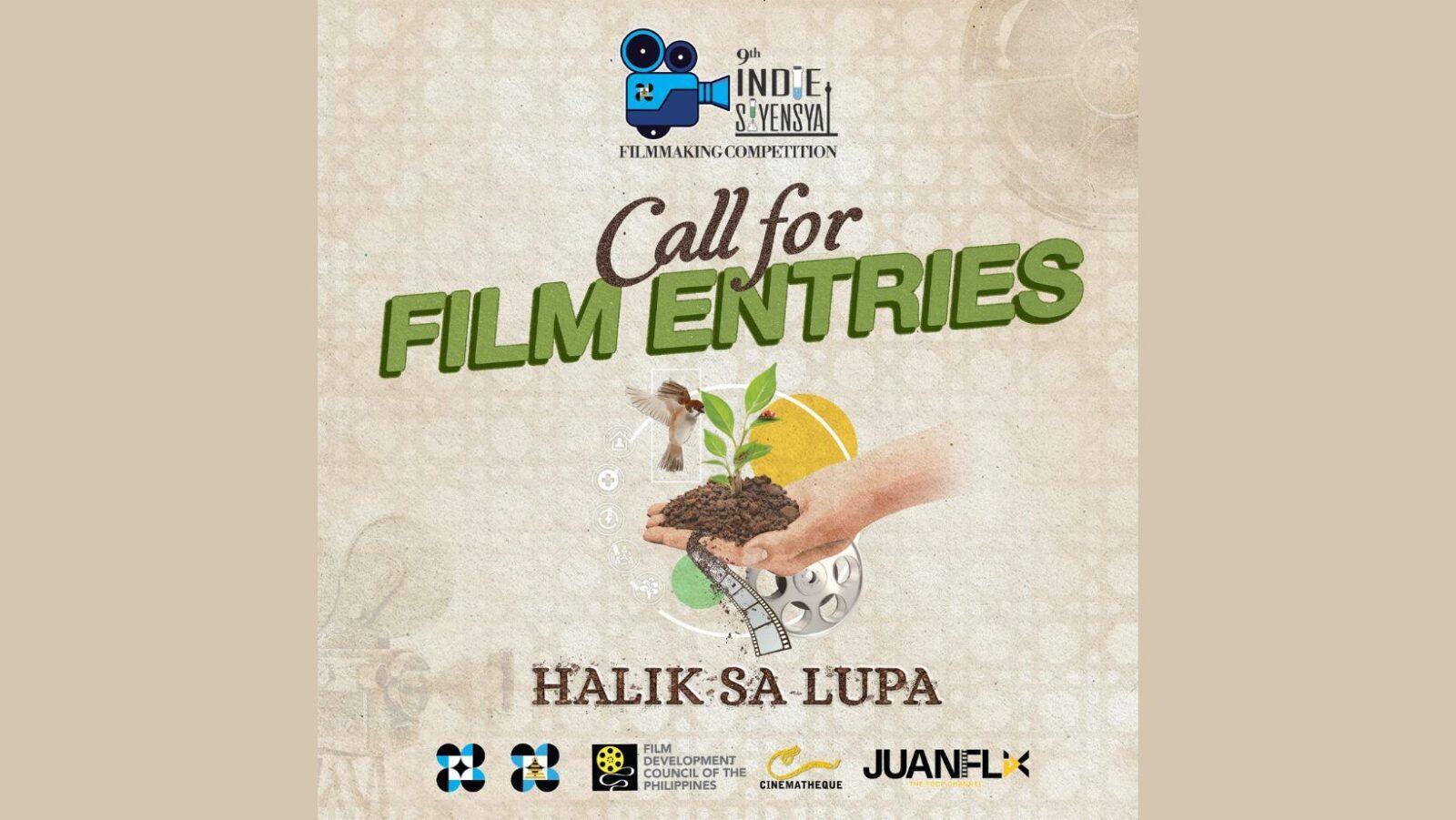Last October 9, the Department of Science and Technology-Cordillera Administrative Region (DOST-CAR) launched the S&T Action Frontline for Emergencies & Hazards (SAFE) Program. The department seeks to address climate change via science-based solutions to minimize its effects and ensure the viability of agricultural programs.
The launch took place at the Kalinga State University-Main Campus in Tabuk, Kalinga. The special event coincided with the celebration of the regional science and technology week of DOST-CAR.
Present at the launch were DOST-Science and Technology Information Institute Director Richard P. Burgos, Gary Damian (representing Kalinga Representative and Vice Chair of the House Committee on Science and Technology Allen Jesse C. Mangaoang), Tabuk Mayor Ferdinand B. Tubban, DOST-CAR Director Victor B. Mariano, Supervising SRS Noel A. Catibog (representing DOST-PCAARRD Executive Director Dr. Reynaldo V. Ebora), Benguet State University President Dr. Feliciano G. Calora Jr., Dr. Carlito P. Laurean of Benguet State University and SAFE Program Leader, and Kalinga State University President Dr. Eduardo T. Bagtang.
The SAFE mitigation of climate change effects
The SAFE Program on Disaster Risk Reduction on Climate Change Impacts on Agricultural Farms in CAR is under the DOST and DOST-Philippine Council for Agriculture, Aquatic and Natural Resources Research and Development (PCAARRD). DOST-PCAARRD has partnered with the Highland Agriculture, Aquatic and Resources Research and Development Consortium, as well as six state colleges and universities (SUCs), to implement the program.
In a statement, Director Mariano pledged the DOST’s full support in the SAFE Program:
“On behalf of DOST Secretary Fortunato T. de la Peña, we are fully supporting the SAFE Program and he will be very happy to know that the SUCs here in the Cordillera region are doing research and development (R&D) to study ways to minimize the negative effects of climate change particularly in agriculture.”
Director Mariano also emphasized the importance of applying the results of R&D instead of letting them sit on shelves. He said that the DOST-PCAARRD provided P 43 million in funding because of its desire to see this program come to fruition.
Meanwhile, Dr. Laurean, vice president for research and extension of the Benguet State University, presented the components of the SAFE Program. Dr. Laurean detailed how they plan to execute the program across CAR’s six provinces. According to Dr. Laurean, the farmers who often fall prey to climate change’s devastating effects will benefit the most from this undertaking.
A multi-project effort
The SAFE Program has six project components, each focusing on the different conditions of the provinces in CAR.
Project 1: Disaster Risk Reduction Climate Change Impacts on Vegetable Farms in Abra. The project will be implemented by the Abra State Institute of Science and Technology (ASIST). Dr. Vicente A. Ato heads this project, with a funding of P6.991 million.
Project 2: Disaster Risk Reduction Climate Change Impacts in Agricultural Farms in Apayao Province. To be implemented by the Apayao State College, Dr. Reymalyn C. Aman heads the project, which has P6.289 million in funding.
Project 3: Disaster Risk Reduction Climate Change Impacts on Vulnerable Terrace Farms in Benguet. Led by Benguet State University’s Dr. Carlito P. Laurean, it has a total funding of P10.299 million.
Project 4: Disaster Risk Reduction Climate Change Impacts on Rice and Vegetable Farms in Ifugao. With a funding of P6.109 million, it will be implemented by the Ifugao State University under Dr. Teresita D. Allig.
Project 5: Disaster Risk Reduction Climate Change Impacts on Vulnerable Coffee Farms in Kalinga. To be implemented under Kalinga State University’s Dr. Robert A. Rodolfo, funding for the project is P6.312 million.
Project 6: Disaster Risk Reduction Climate Change Impacts on Vulnerable Farms in Mountain Province. The P7.097 million-project is led by Elmer D. Pakipac, to be implemented at the Mountain Province State Polytechnic College. –MF

Author: Mikael Angelo Francisco
Bitten by the science writing bug, Mikael has years of writing and editorial experience under his belt. As the editor-in-chief of FlipScience, Mikael has sworn to help make science more fun and interesting for geeky readers and casual audiences alike.






